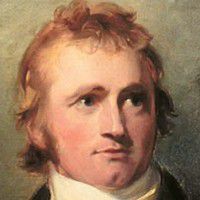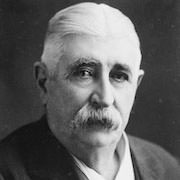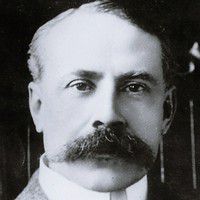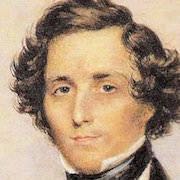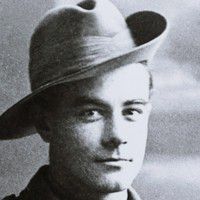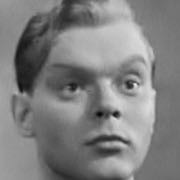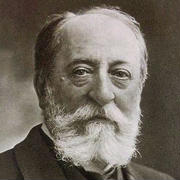Sir Charles Hubert Hastings Parry, 1st Baronet (27 February 1848 – 7 October 1918) was an English composer, teacher and historian of music.
Parry was born in 1848 in Richmond Hill in Bournemouth.
Parry's first major works appeared in 1880. As a composer he is best known for the choral song "Jerusalem", his 1902 setting for the coronation anthem "I was glad", the choral and orchestral ode Blest Pair of Sirens, and the hymn tune "Repton", which sets the words "Dear Lord and Father of Mankind". His orchestral works include five symphonies and a set of Symphonic Variations. He also composed the music for Ode to Newfoundland, the Newfoundland and Labrador provincial anthem (and former national anthem).
After early attempts to work in insurance at his father's behest, Parry was taken up by George Grove, first as a contributor to Grove's massive Dictionary of Music and Musicians in the 1870s and '80s, and then in 1883 as professor of composition and musical history at the Royal College of Music, of which Grove was the first head. In 1895 Parry succeeded Grove as head of the college, remaining in the post for the rest of his life. He was concurrently Heather Professor of Music at the University of Oxford from 1900 to 1908. He wrote several books about music and music history, the best-known of which is probably his 1909 study of Johann Sebastian Bach.
Both in his lifetime and afterwards, Parry's reputation and critical standing have varied. His academic duties were considerable and prevented him from devoting all his energies to composition, but some contemporaries such as Charles Villiers Stanford rated him as the finest English composer since Henry Purcell; others, such as Frederick Delius, did not. Parry's influence on later composers, by contrast, is widely recognised. Edward Elgar learned much of his craft from Parry's articles in Grove's Dictionary, and among those who studied under Parry at the Royal College were Ralph Vaughan Williams, Gustav Holst, Frank Bridge and John Ireland.
He was also an enthusiastic cruising sailor and owned successively the yawl The Latois and the ketch The Wanderer. In 1908 he was elected as a member of the Royal Yacht Squadron, the only composer so honoured.
